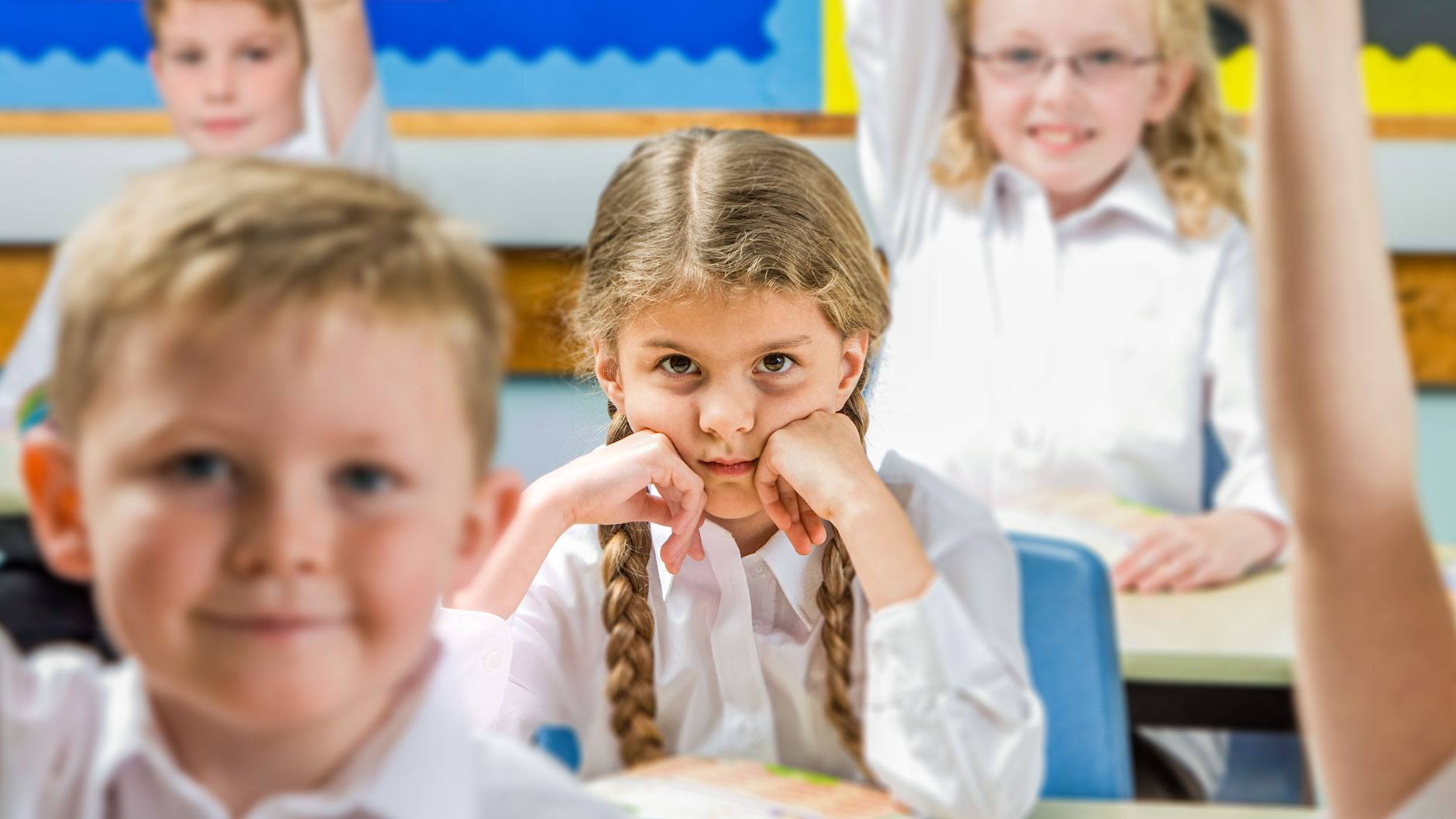Perhaps it’s also human nature; we are all trying to determine what is normal. The important thing to realise is that “normal”, like everything else, is a spectrum.
There’s a lot of comparison that goes on from the moment of a child’s birth (“doesn’t he look like me?”). Second and all other “subsequent” children are compared with their siblings. If you’re sufficiently lucky to be part of a large extended family, there are so many opportunities for comparison that the process is likely to extend throughout your life.
It is also the nature of social media that we are in the collective grip of mania for comparison and competition. Given how much information parents are constantly sharing about their children, it is hardly surprising that parents have a tendency to anxiously scrutinise other children for evidence that their own child measures up.
At the same time, we all really know that this is nonsense.
Every child is different. Rolling your eyes internally when your cousin enumerates little Herbert’s precocious sporting talents or your colleague tells you in detail about young Esmerelda’s remarkable gift for recall may be the most sensible response.
The process of learning and academic progress are not straight trajectories. A good way to understand this comes from language learning. For a long time, it was considered that children should only learn to speak in the one language. This view was based on the observation that children who learned to speak in two languages often took longer to reach the same level of fluency in one language as monolingual children. We now understand, however, that a minor delay in reaching fluency has no long-term negative impact on fluency and literacy. In fact, there is overwhelming evidence that learning at least two languages as early as possible has enormous cognitive benefits. So, if we were to judge a child based entirely on whether she has achieved a specific benchmark at a particular time, we might miss the fact that she is actually on quite a different learning journey from the children around her.
Children are not only the product of their unique DNA and environment. They are also themselves.
Parents of more than one child will often comment on the differences between their offspring; how each of their children came into the world as a fully-formed personality. If parents can’t expect their own children to be similar to one another, why are they so concerned about how their child tracks according to the achievements of other, unrelated children?
In addition to such comparisons being misleading and irrelevant, they can also be deeply harmful to your child’s sense of self. The culture of “best” tells children that they have fixed identities; that they each slot into a fixed spot on a list of achievement. If they change their spot, it is only to be better or worse than the others on that list. What a limited way to measure a life!
If you compare your children to others, what is the likelihood that they won’t follow suit?
Perhaps it will form the basis of your conversations with their teachers at parent-teacher interviews. Notice the difference in tone between the questions, “How are my son’s test results compared to the rest of the class?” and “Do you think there are gaps in my son’s mathematical understanding that require attention?” The first problem alluded to is one that your child cannot hope to overcome on his own – it involves the rest of the class. The second is unique to your child’s learning and can be tackled as such.
If the comparison means that your child is always rated higher than others, this can also be destructive.
Carol Dweck (of Growth Mindset fame) has demonstrated that when students see themselves always at the top of these achievement lists, they are more likely to see their ability as fixed and will interpret even a minor setback as a statement of complete failure. For example, having believed themselves to be the most intelligent child in the room, any indication that they are not the best at something signals to them that their self-belief is fraudulent. Not only are they not the most intelligent child in the room, they may actually be stupid.
So, wherever your child may sit on each of the many comparison lists (when they walked, when they talked, how pretty they are, what ATAR they got, how much they earn, how many children they have, how often they ring you…), they will never make anyone happy.
And remember, if you let your child know that you compare her to her peers in terms of academic achievement, you are weakening your own position. The next time she says, “All my friends are allowed to stay out until midnight,” you will not be able to respond with the great parental fallback, “You are not all of your friends.”
